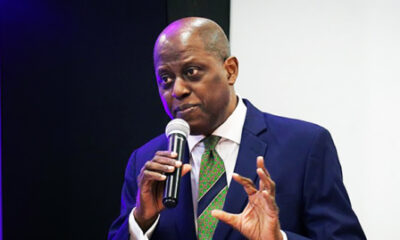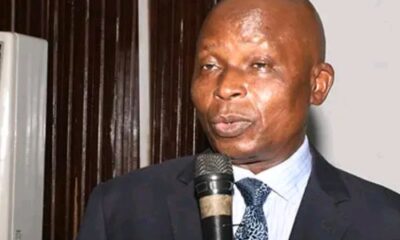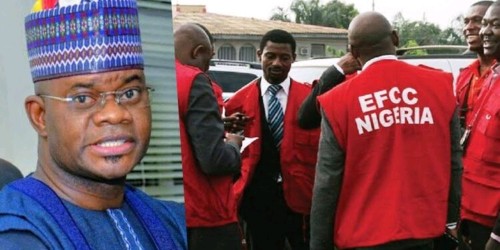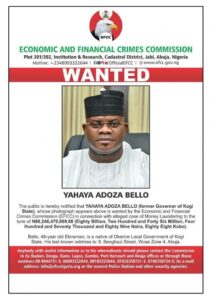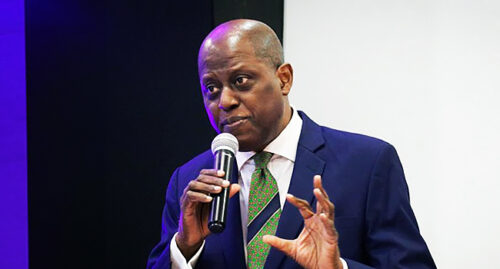Babajide Sanwo-Olu, the Governor of Lagos State, has ordered the demolition of three two-storey buildings in Banana Island following the collapse of a seven-storey building in the area.
Sanwo-Olu gave the order on Saturday during his visit to the site of the collapsed seven-storey building and inspection of other infrastructure around the Island.
At 310 Close, he ordered the demolition of the two-storey building because it was an illegal structure, without approval.
Also at 306 Close, the governor ordered the removal of two-storey buildings adjacent to each other because they were constructed under the powerline and underwater.
While speaking at the site of the collapsed seven-storey building, he blamed the unfortunate incident on the irresponsibility of the developers and some of the citizens that just wanted to make quick money.
Sanwo-Olu also blamed the Federal Ministry of Works and Housing and National Inland Waterways Authority, for allegedly granting an extension of the line of Banana Island.
According to him, the incident shows that the Lagos State building officers are not alive to their responsibilities, and officers found culpable will also be sanctioned.
“We are at the site of the last unfortunate building collapse in Banana Island Lagos. As it has been reported before now, there has been a lot of investigation that is going on right now and you can see that they are still clearing the rubbles at the site.
“We have given the order to stop work, not only at this site but also in all of the construction sites in Banana Island.
“I think that the exercise we are doing today is not really just about this location. You have all seen the extent of what I will call an unapproved extension into the water, at the back of each of the land that is abutting water.
“You can see that the original line for Banana Island is even not where we are. It’s the way in front there and you can see that there are several extensions that have been granted by both the Federal Ministry of Works and Housing and NIWA.
“These are the two federal agencies that have been culpable for those extensions.
“From what I have been told all of the four buildings at the back have never even applied for approvals. The illegality is real and so that is why we are going around other properties in Banana Island.
“Excuses have been given that they don’t have access and this is not acceptable. This is a total recklessness of all of the developers and we will make a strong point out of this place and all-around Banana Island and in other developments that we have,” he said.
The governor said that an external seven-member committee had been set up with two weeks mandate to independently ascertain what had gone wrong.
He said that the outcome of the committee would further strengthen the government to be able to come up with a robust work plan that could be enforced going forward.
“We have had to change staff here and there so that we can bring forward robust and very strong monitoring offices. But we believe that we are still far from it, we are still short on it, I must say.
‘“We will continue to do what we need to do to ensure that we keep the lives of our residents safe at all times,” Sanwo-Olu said.

 BIG STORY4 days ago
BIG STORY4 days ago
 BIG STORY4 days ago
BIG STORY4 days ago
 BIG STORY2 days ago
BIG STORY2 days ago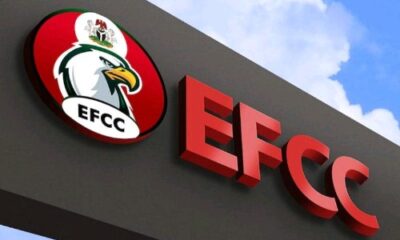
 BIG STORY4 days ago
BIG STORY4 days ago
 BIG STORY2 days ago
BIG STORY2 days ago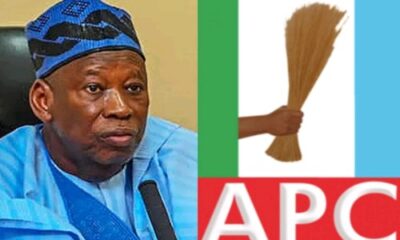
 BIG STORY2 days ago
BIG STORY2 days ago
 BIG STORY3 days ago
BIG STORY3 days ago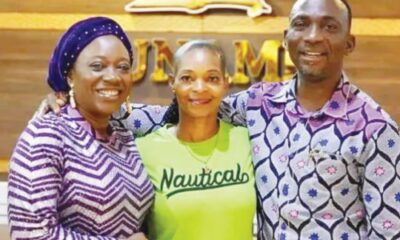
 BIG STORY3 days ago
BIG STORY3 days ago








